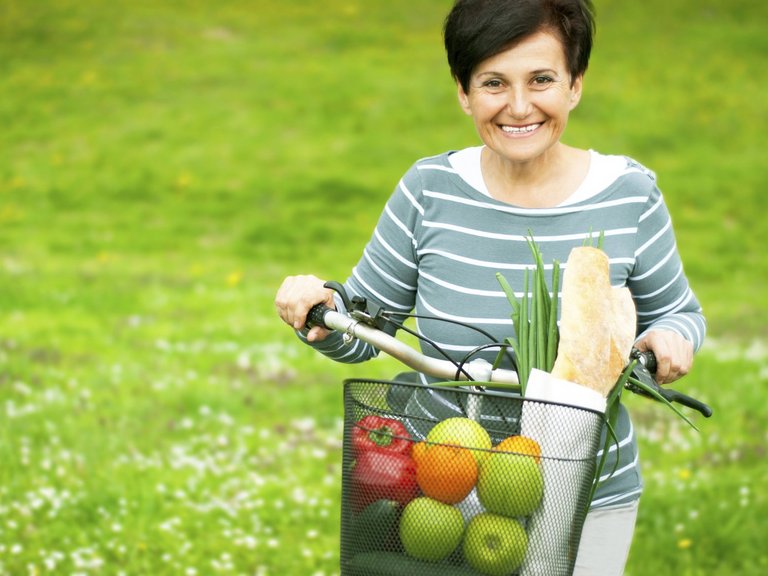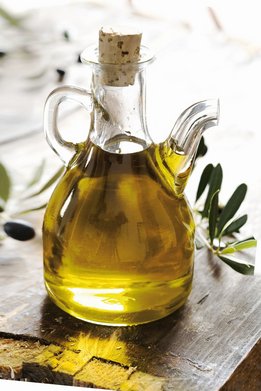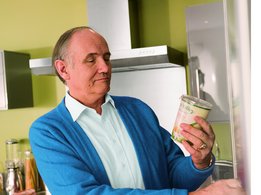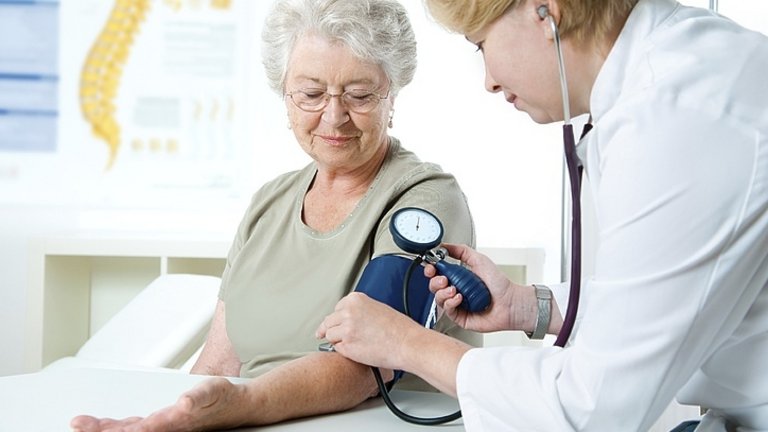During the early stages of CKD, a healthy diet includes a variety of grains, especially whole grains, fresh fruits and vegetables. Remember, your body needs sufficient energy to function properly.
The main part of your energy supply should be derived from carbohydrates and fats, but please make sure to lower the ratio of saturated fat and cholesterol - choose unsaturated fat and oils instead (e.g. olive oil and fish).
One essential change to your diet may be the limitation of your protein intake. This will help to preserve your kidney function and reduce the amount of undesired substances in your blood. Especially high in protein are meat, fish, chicken, eggs and dairy products.
As long as your urine output is normal, you do not need to limit your fluid intake. Nevertheless the intake of sodium should be restricted. Salt binds water, and so your body also needs more liquids as a consequence. Sodium is mainly found in table salt and convenience food (e.g. sausages, canned food, frozen pizza), but also for example bread, cheese and ham contain salt. Try to replace table salt with herbs and spices and cook with fresh produce wherever possible.






![[Translate to UK - englisch:] [Translate to UK - englisch:]](/fileadmin/_processed_/b/6/csm_Stir-fried_Chicken_homeTeaser_453c12faa7.jpg)